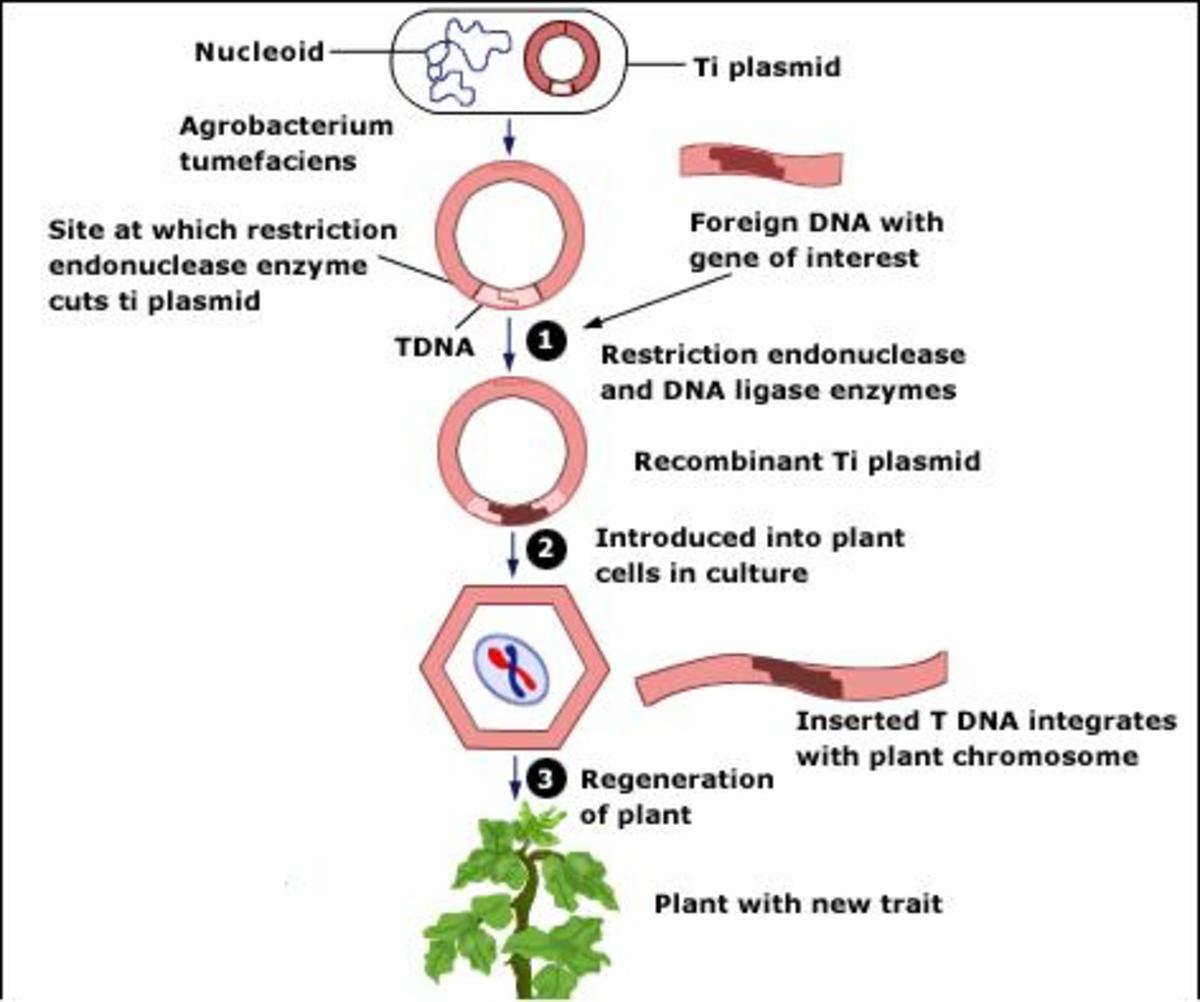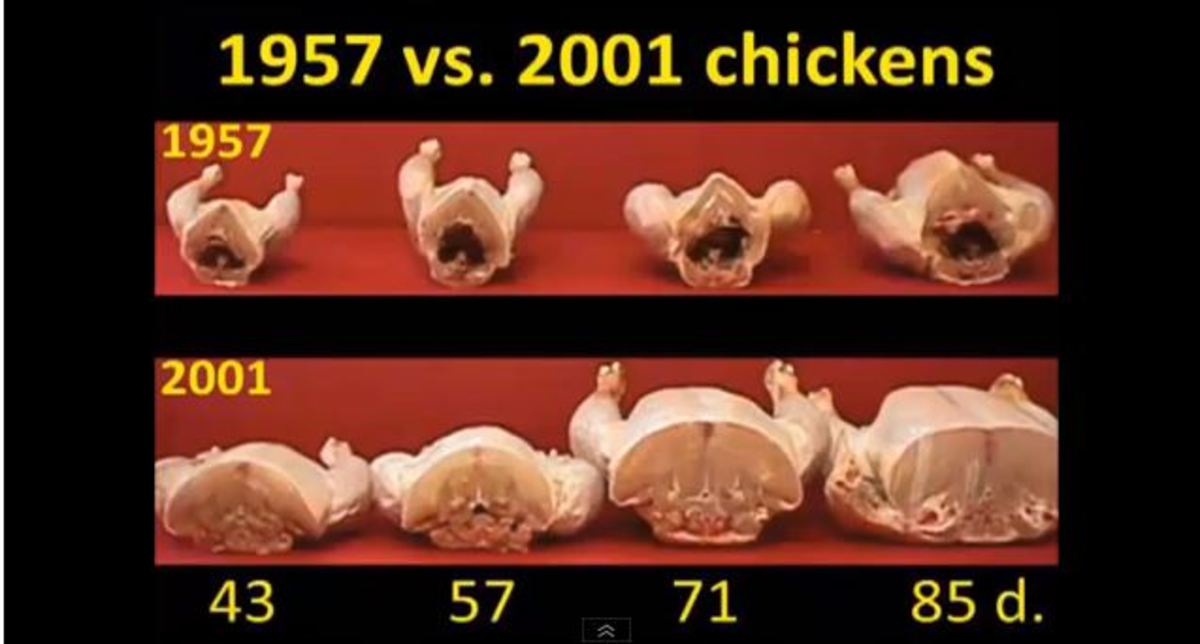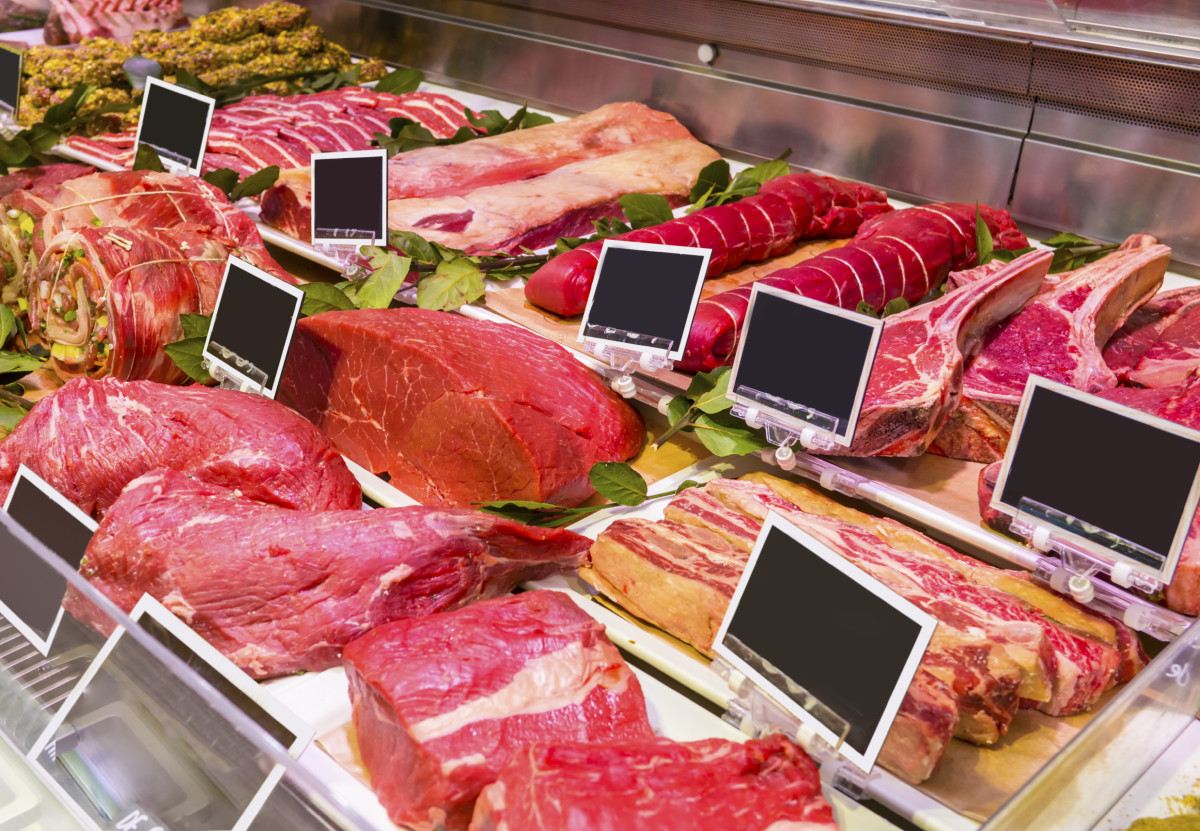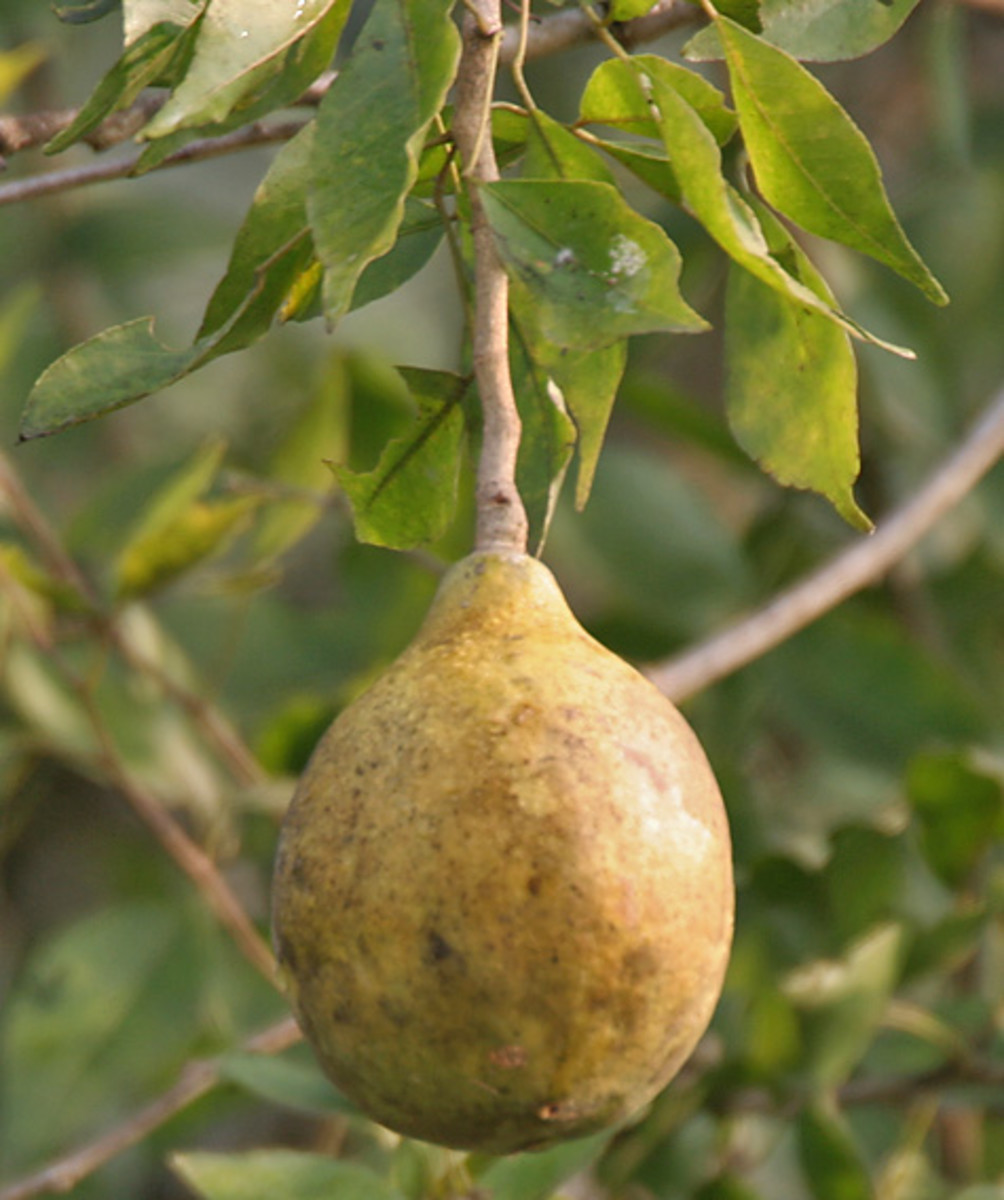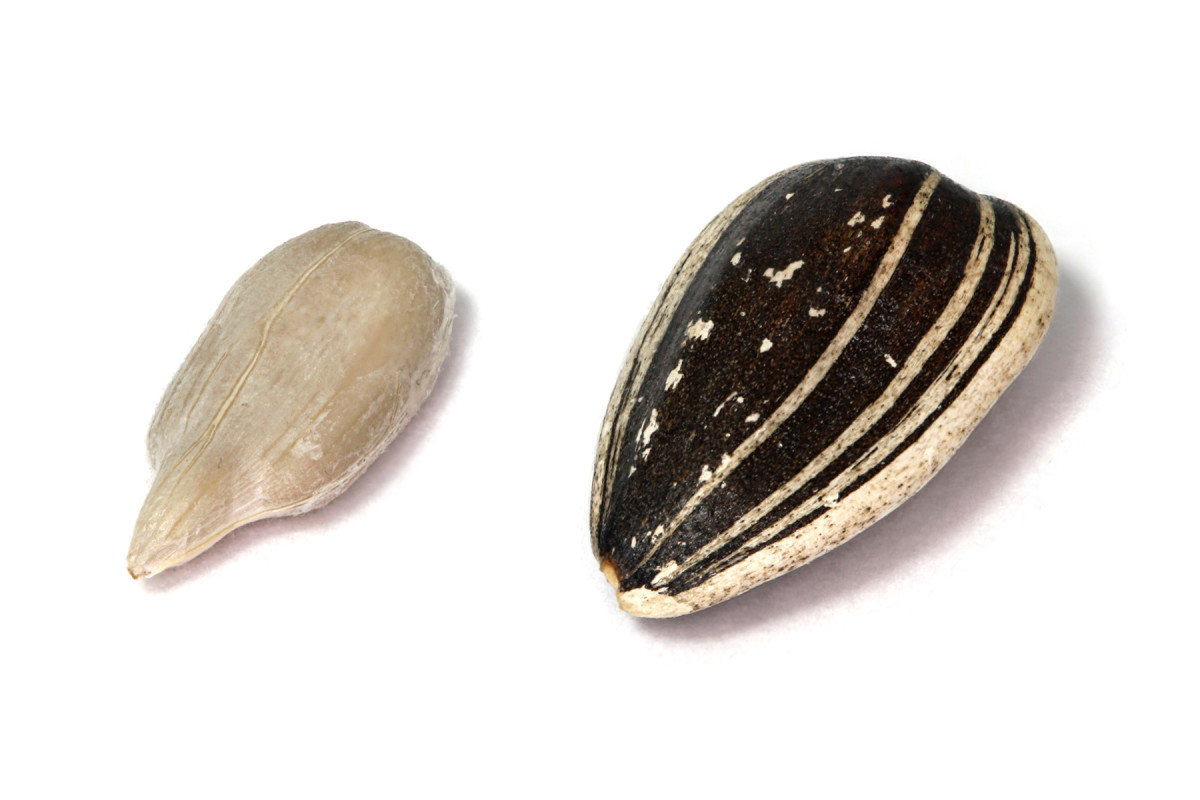How You Can Avoid GMO Foods for a Healthy Life
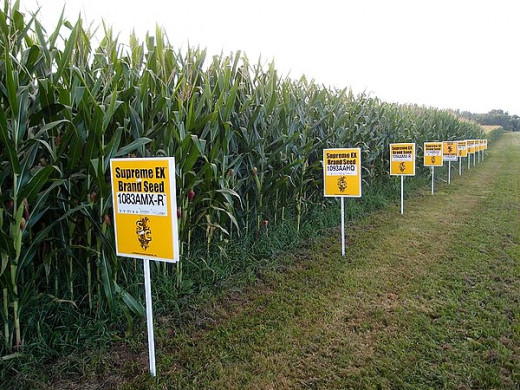
What Exactly Are GMO Foods
Genetically modified foods, otherwise known as GMO, genetically modified organisms or genetically engineered foods, are seeds that are genetically altered.
There is an ongoing debate whether or not these genetically modified foods are dangerous to our health. And there are plenty of studies showing that GMO foods cause health problems in mice.
There are also debates if these genetically modified seeds and crops actually help farmers grow more food. There are many recent reports from around the world that non-GMO crops are doing better than GMO crops are doing in drought stricken areas.
One of the most popular genetically modified plants is corn. These GMO plants produce their own pesticide in the form of Bacillus thuringiensis (Bt). Farmers have been using this as a form of pesticide for many years. The difference is that in the GMO plants, the Bt is designed to be more toxic and unlike the spray, cannot be washed off the plants.
At the grocery store you see signs that say "no pesticide residue". The pesticide isn't on the outside of the plant or food; it is on the inside of the food. This doesn't mean that genetically modified food crops aren't also sprayed with pesticide and herbicides, in fact they are.
So now we get pesticide and herbicides on the food and in the food. The most well-known name in this field is Monsanto, which not only makes and sells chemicals of all kinds but also sells genetically modified food seeds.
They make a product called Roundup; many of us might have used it at one time. It kills weeds, grass and anything you spray it on. It is good for killing weeds in the cracks of a driveway for example. And it does this job very well. This product was also used to destroy drug crops in Colombia.
In 1995, Monsanto came up with what they called Roundup Ready (RR) soybeans, a special gene inserted bacterium that allows these soybeans plants to survive after being sprayed with Roundup. Monsanto comes up with the poison and the anti-poison. It appears 85% of these genetically modified foods are designed to survive heavy and more toxic pesticide and herbicide spraying.
Please take the time to learn about exactly what GMO foods are and how they can affect your health.
What Foods are Genetically Modified
There are some foods that are not considered GMO foods that many believe are. Wheat is a good example. Wheat is not a GMO food, even though, over the past decades, scientists have used different genes to make different wheat. So much so, that wheat today bears little resemblance to wheat that was grown just 50 years ago. But it is not considered a GMO crop.
Most processed foods in the United States have some GMO food in them, mainly from corn and soy products. Foods that are GMO include:
- Soy: 93% if the soybean crop in the U.S. is GMO. There are still non-GMO products like Soy Milk from Silk, as reported by the Non-GMO Project.
- Corn: Almost 85% of the corn grown in the U.S. is GMO. Much of this corn goes to ethanol, animal feed, processed foods and high fructose corn syrup.
- Sweet corn: This can be confusing, especially since there are no labeling laws. Up until a couple of years ago, all of the sweet corn we ate as food was not GMO. Then Monsanto came out with GMO sweet corn. Without label laws or a certain grocery store’s promise it is hard to know if the canned corn or corn on the cob is GMO or not.
- Zucchini and Yellow Crookneck Squash: A small amount of these summer squash are GMO.
- Canola: Almost all canola is GMO, and you can find it in most processed foods as canola oil.
- Sugar Beets: About half of the sugar in the country is from GMO sugar beets.
- Milk: Milk that contains rBGH (recombinant bovine growth hormone) is considered a genetically engineered food.
- Alfalfa, which is fed to animals.
You might think that is not a long list of GMO foods, but when you think about it, most of our foods contain one or more of those listed GMO foods.
The corn shells for your tacos, the high fructose corn syrup in almost every drink and food, the sugar from the sugar beets in your coffee and canola and corn syrup is in all processed foods.
If you like hamburgers, don’t forget the cattle also ate the GMO corn. You can still enjoy beef without the worry of GMO if you buy grass-fed and especially grass finished beef.
Tips to Avoid GMO Foods
To avoid eating GMO foods as much as possible, you can do the following:
- Avoid processed foods and junk foods as much as possible
- Avoid soda pops, all kinds
- Read the ingredients
- Cook most of your own meals
- Look for the Non-GMO seal on foods
- Shop at grocery stores that have made the promise not to sell foods with GMO ingredients.
- Eat organic poultry and grass-fed beef
- Grow your own vegetables
There was at one time, GMO tomatoes, but that did not work so well, and they were pulled from the market in 1998. At this time, scientists are working hard to make GMO tomatoes once again. Maybe now is the time to learn how to garden and can foods.
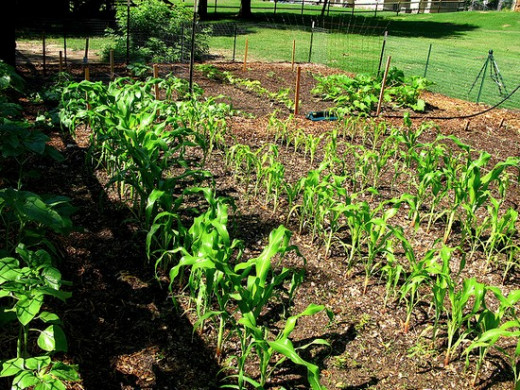
Growing Your Own Vegetables
More and more food companies are being merged and bought by other food companies. Companies we used to think were organic and healthy food companies are now owned by the huge food corporations.
The U.S. government continues to deny us consumers the right to know if we are eating genetically modified foods or not because they do not require these foods to be labeled. We can be certain of the foods if we grew much of it ourselves, at least vegetables.
And remember, if you live in a state with an upcoming election for GMO labeling, please get out and vote for it. Do not let the scare tactics that labeling will cause food prices to go higher. Food prices will go higher whether or not they are labeled as GMO and we all have a right to know where our foods came from and if they are genetically modified or not.
Growing vegetables is easy to do. You can be certain of at least being able to eat GM free foods during the growing season and in good years, you might be able to freeze and can some of that summer’s vegetables.
When you grow your own food, you have control over what you eat. You can control the fertilizer, the herbicides and the pesticides that you use. Using heirloom seeds can really help you keep GMO foods out of your life. The following book has been a great help to me over the years growing the healthiest foods in my garden.
Organic Gardening

GMO Foods Pros and Cons
There are many arguments against the use of GMO foods including:
- The fact there is plenty of scientific evidence and papers about genetic defects that GMO food has on mice.
- There is thinking that the dramatic increase in food allergies and asthma among kids is a direct result of all of the GMO foods in our daily diet.
- There is not enough evidence or long term testing to ensure they are safe for human or animal consumption.
- People don't like the way Monsanto treats farmers who decide not to buy their seeds and how Monsanto drags small farmers into court.
- The fact that Monsanto and other GMO seed companies are actually able to patent food (seeds).
- There is now enough evidence that GMO seeds are not drought resistant or pest and weed resistant.
- Super weeds are starting to grow as more and more weed species become resistant to the GMO seeds and crops.
- Cross pollination is a worry and someday, we might not even have GMO free foods.
There are of course many who are pro GMO crops besides the GMO companies. People that believe GMO seeds and crops will feed starving nations and people through all kinds of weather and growing problems. The belief is that without GMO crops, entire nations will starve to death during drought or insect infestations.
You Decide
A 35 minute video of Monsanto's CEO Hugh Grant talking with "In Defense of Food" author Michael Pollan.
© 2014 Sam Montana


